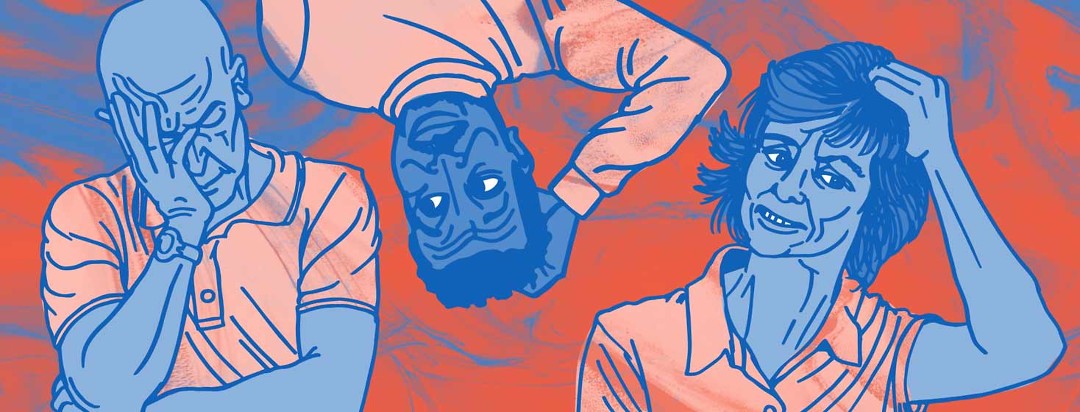What Is AIDS Survivor Syndrome?
On September 18, 2013, Tez Anderson and others held the first of its kind town hall entitled The Definition of Brave. It was as a community-led town hall. The town hall had 250 participants, and it became clear that this was an unaddressed need and more prevalent than we knew. With a poster copy which read:
With courage and compassion, we survived the darkest days of the plague. Without access to effective treatments, we were forced to rely on each other and ourselves. As individuals and community, we exhibited strength we didn’t know we had. Now let’s all come together again to face the challenges of midlife and aging to envision our future. This from the grassroots forum is the first Bay Area forum by, for, and about survivors. We have valuable lessons to teach our community and the world bout living and survival – it’s time to embrace our role as elders, teachers, and leaders.1
Bringing awareness to AIDS Survivor Syndrome
That town hall was the beginning of Let’s Kick ASS-AIDS Survivor Syndrome and a call to action to do something for, by and about HIV long-term survivors who had gotten lost in progress in the fight against HIV/AIDS.
How did the term come about?
Tez coined the term, AIDS Survivor Syndrome a couple of years before that first town hall. Born out of his state of mind which puzzled and almost killed him, Tez describes something that was happening to him which he did not understand: a sense of hopelessness and of being all alone which many long-term survivors experience, including myself.
Kick ASS started with local survivors and it has now grown into a grassroots movement. There has been the development of several now independent chapters in Oregon, Palm Springs, CA and Austin, TX.AIDS Survivor Syndrome has grown from something Tez experienced and something Tez defined to what is now a movement.1
Recognizing the signs
AIDS Survivor Syndrome describes the spectrum of sustained trauma resulting from living through the AIDS pandemic, the worst epidemic in modern history. It is from living through the aftermath of the early AIDS pandemic. It may be best described as a crisis of demoralization.
Common symptoms include:1
- Depression
- Lack of future orientation
- Panic from unexpected older age
- Suicidality
- Sexual risk-taking
- Self-destructive behavior
- Substance abuse
AIDS Survivor Syndrome in daily life
HIV long-term survivors are trying their best to make sense of life after the height of the epidemic in the 1980s. In my experience, I often find myself socially isolated from the very community I have fought so hard for.
For folks like myself who have been living the longest with HIV/AIDS, we were told countless times that, in one way or another, we were not supposed to still be alive. I never thought I would still be here 31 years beyond my diagnosis.
The HIV/AIDS epidemic shaped us
Like many others, I planned on dying while burying friends, loved ones, or community members. I never thought I would be living this many years, years beyond my diagnosis. There are many times in which I feel socially isolated and alone, even in this large community of people living with HIV/AIDS.
For us, HIV long-term survivors, AIDS the impact of the epidemic was more than an end-stage of a fatal disease.1
It shaped so many aspects of our lives and existence. I know it has shaped mine.

Join the conversation